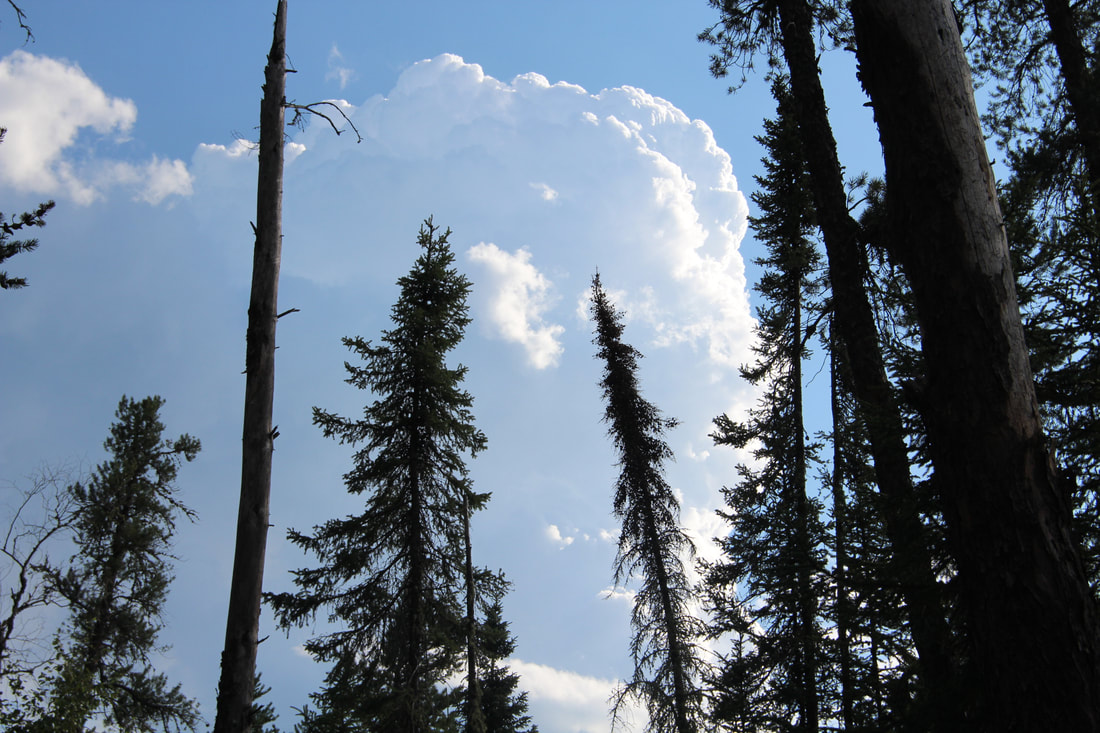|
Fr: Vern Fish, Friends of Wabakimi - President,
Dave McTeague, Friends of Wabakimi - Board Chair Maurice Poulin, Board of Directors To: Mitch Legros, Ministry of Natural Resources & Forest Jeff Cameron, Wabadowgang Noopming Forest Plan Author Re: Request for Issue Resolution Date: November 6, 2022 Dear Sirs: As you will recall, we have been long concerned about, and commented upon, proposed roads and logging in and near three areas adjacent to Wabakimi Provincial Park and inside the special land use zone of CLUPA 2616.
The Crown Forest Sustainability Act directs the Minister to not approve plans which cannot be shown to be sustainable for all forest values. We believe that our suggestions above will result in an FMP that is more sustainable than the proposed draft plan. What are the next steps? What other information do you require? Respectfully, Vern Fish Dave McTeague Maurice Poulin President Board Chair Board Member
0 Comments
|
AuthorJoin the Conversation and be part of Process Archives
May 2024
Categories |
©2020 Friends of Wabakimi All Rights Reserved

